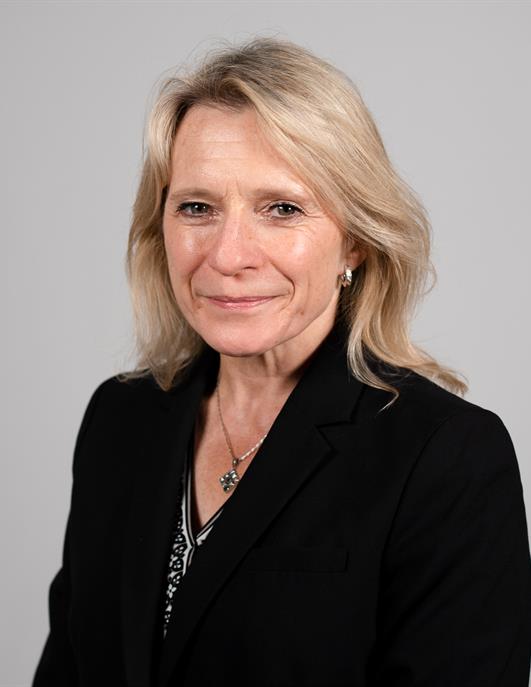


Single-use tampons and sanitary towels rather than sustainable alternatives were selected for the free period products scheme as they were the most “economically advantageous” option, the Social Security Minister has admitted.
However, Deputy Elaine Millar said the type of products used in future may be tweaked depending on responses to the current consultation.
Her defence came after questions were raised over the environmental friendliness of the scheme, which saw Lil Lets products made freely available at locations across the island including the Town Library and sports centres.
The Jersey Sustainable Period Products Project (JSPPP) - which aims to educate local youngsters about sustainable period products - explained that a pack of disposable sanitary pads contains the same amount of plastic as five carrier bags, and that tampons are the fifth most common item of waste being washed up on the UK’s beaches.
The initiative is led by Louise Carson and Viki Lucas of 3,000-strong advice-sharing Facebook group ‘Journey to Zero Waste Jersey’, who wrote to Environment Minister Jonathan Renouf and Education Minister Inna Gardiner over the summer, in advance of the period products scheme’s launch.
In their letter, they invited discussion about how this could be a more sustainable endeavour, but received no reply, which they said was “a little disappointing”. Both Ministers have been contacted for comment.

Pictured: An extract from the letter sent by the Jersey Sustainable Period Products Project to Deputy Renouf and Deputy Gardiner in July 2022, to which they received no response.
Social Security Minister Elaine Millar, who has overall political responsibility for the new scheme, defended the products selected.
She said that “only disposable products have been made available as emerging evidence from other jurisdictions indicates that disposable products still account for the majority of products purchased/demanded, despite reusable products being offered.”
Asked whether period products made from compostable materials such as organic cotton could have been used, Deputy Millar said that, while the supplier evaluation process for the pilot scheme “was not limited to price”, the “successful supplier was awarded based on their submission being the most economically advantageous tender”.

Pictured: Social Security Minister, Deputy Elaine Millar.
She added that “the process took into account sustainability and included a weighting on this as part of the evaluation methodology”.
Deputy Millar noted that the feedback received from the public consultation, which ends this week, will be used to inform service specification and procurement criteria for the next phase of the scheme in 2023.
Deputy Millar added: “The current public consultation about access to free periods includes a question on the types of products people want to see as part of the scheme.
“Reusable products are included within the list of options that can be selected and there is also an opportunity for people to suggest any other types of products not listed.
“We are also seeking views about the importance of the products being environmentally friendly.”

Pictured: According to MoonCup, it is estimated that one disposable pad will take around 500 years to decompose.
The Government's free period products also attracted previous criticism, as Chief Minister Kristina Moore had previously secured States Assembly support for scrapping the so-called 'tampon tax' by removing the GST from period products but did not follow through.
Chief Scrutineer Sam Mézec therefore challenged the Chief Minister on the apparent lack of progress on the GST removal, but Deputy Moore argued the free products scheme meant "the intention of my proposition has therefore been achieved and exceeded."
Comments
Comments on this story express the views of the commentator only, not Bailiwick Publishing. We are unable to guarantee the accuracy of any of those comments.